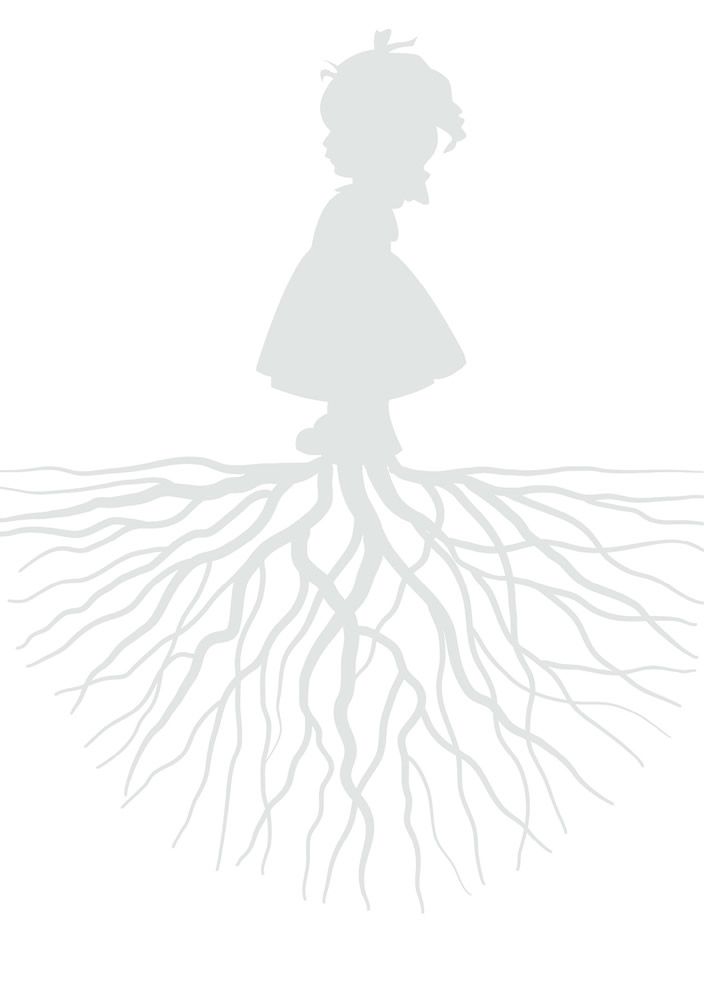
Yet more evidence on the importance of early years development has been released by the influential medical journal The Lancet.
Its series, Advancing Early Childhood Development, from Science to Scale 2000-2015 shows an increase in the number of scientific publications relating to early childhood and its benefits.
Looking specifically at developing countries, the studies show overwhelmingly that early intervention has long term benefits for society at large.
The Lancet researchers write: “First, new research in early human development shows that epigenetic, immunological, physiological, and psychological adaptations to the environment occur from conception, and that these adaptations affect development throughout the life course.
“This knowledge calls for an approach targeting caregivers and children with effective interventions during sensitive times across the life course, with the period from conception to age two to three years being of particular importance.
“Second, evidence on long term outcomes from low income and middle income countries shows that a program to increase cognitive development of stunted children in Jamaica 25 years ago resulted in a significant, 25% increase in average adult earnings.


































































































































